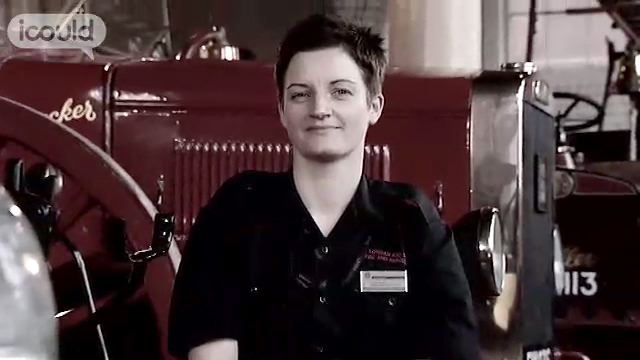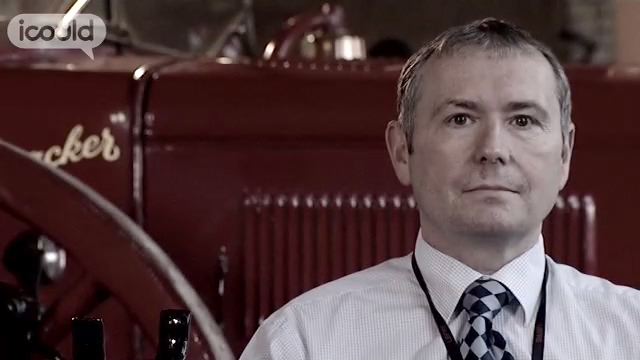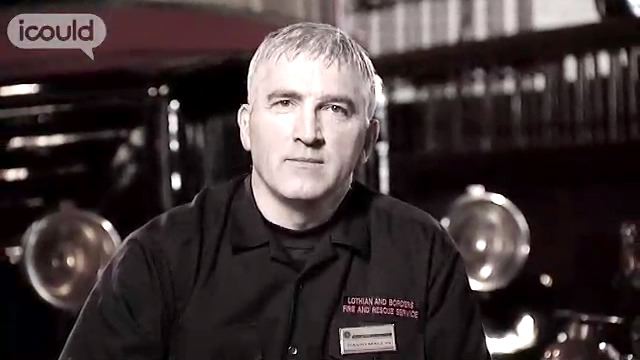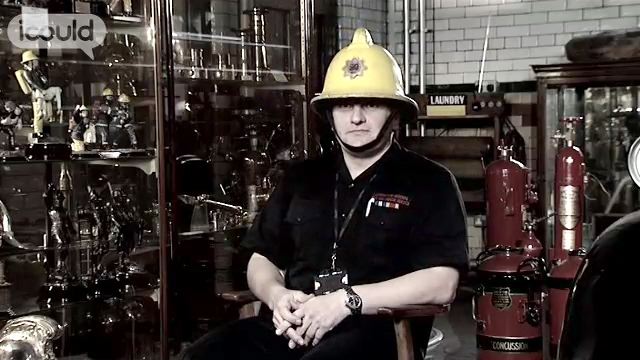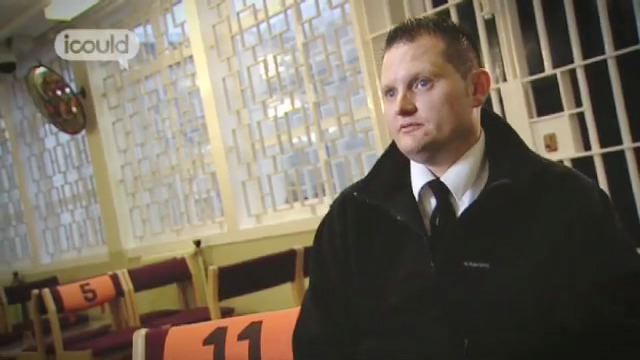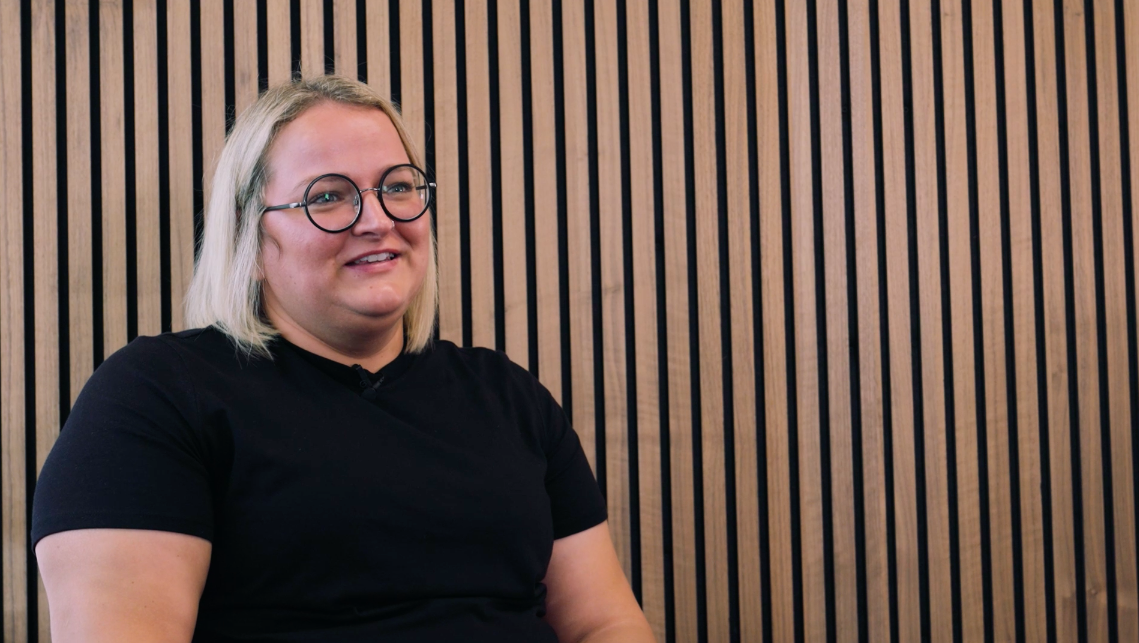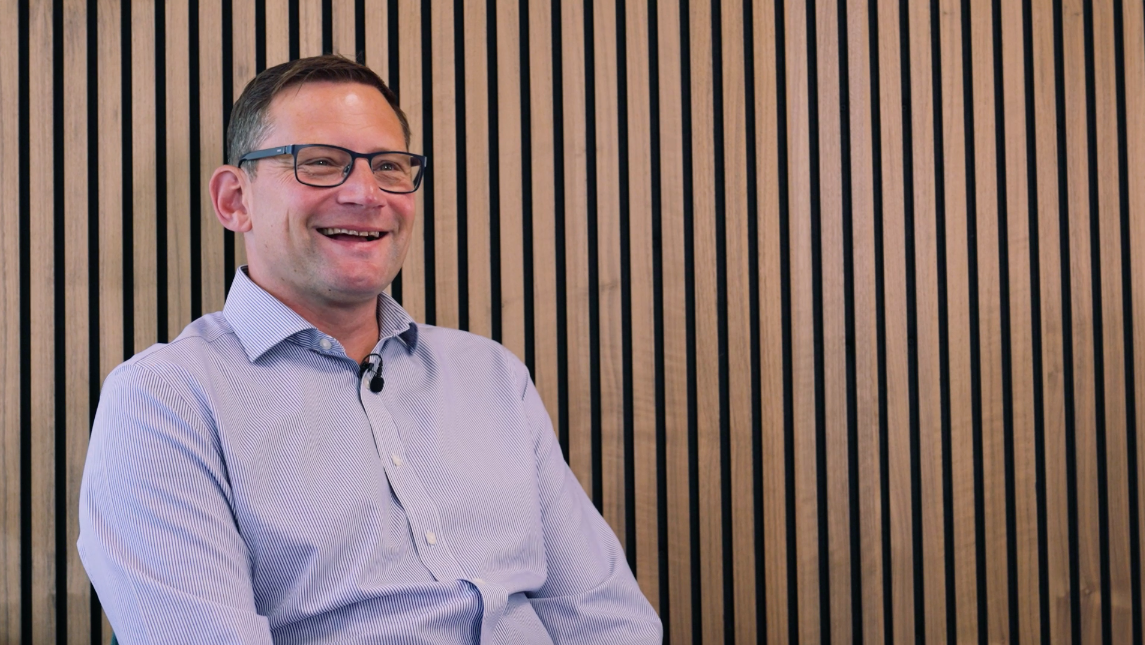Chief Fire Officer
Lothian and Borders Fire and Rescue Service
Brian A
00:00:06 Ok, my name is Brian A. My job title is chief fire officer and I work here at the headquarters of Lothian and Borders Fire and Rescue Service. I suppose first and foremost my job involves going to major incidents because I’m still an operational fire fighter so if we have a major incident within the area of the Lothian and Borders, particularly Edinburgh, then I would be at that major fire, major road traffic accident, leakage of chemicals or any of the other things that you see fire fighters doing.
00:00:36 When I was 10 years old I actually wanted to join the Navy. I wanted to go to sea and see the world. When I was old enough to enter into the job market, my parents were a bit uncomfortable about me leaving home at that time so they fire service in Belfast were advertising. I applied for that advertisement, I got the job and within a week I thought, “This is the job for me,” and I’ve never really wanted to do anything else.
00:01:08 I did have a major decision to take in my career. It was quite a few years ago now in the late 70s I worked in Ardoyne fire station in West Belfast. I was what we now call a watch manager, in those days it was a station officer and that meant I was in charge of one of the watches on that particular station.
00:01:31 It was a very busy station, we were operationally very, very busy, probably the busiest in the United Kingdom and I absolutely loved it. I thought it was the job for me and I thought it would be the job that I wanted to do for the rest of my career. I’ve been lucky in my service that through it I’ve had a number of mentors and one of these mentors was responsible for training in the Northern Ireland Fire Brigade and he came and had a chat to me and said that he felt I could do a good job in training other fire fighters to be able to do the job that I was doing. And I did not want to do it at all. Over about a year he encouraged, cajoled and talked me into a different career path, moving out of the operational sphere into a training based sphere.
00:02:25 And I think I was in my comfort zone in that particular job. I’d been doing it for a number of years, I felt I was quite good at it and I wasn’t really pushing myself. So I didn’t have any additional goals, I didn’t have anything that I wanted to achieve and when I moved out of that comfort zone and started challenging myself I found that there were a range of things I could do. I also got involved in doing a degree with the Open University at that time which gave me the academic confidence that I didn’t have before. And put together those two things actually allowed me to gain the qualifications that I need to do this current job and indeed to progress through my career to be able to do this job and I think it’s that looking for challenges, looking for targets and not accepting that there are things that you can’t actually do. I think most of us can do most things.
00:03:23 I have difficulty in imagining a career in the Navy versus a career in the fire and rescue service but I can say I have absolutely no regrets whatsoever regarding the career path that was chosen for me originally but which I have had a great career in and wonderful experiences and I have a great commitment to this service.
ENDS
Brian A is a Chief Fire Officer, “my job involves going to major incidents because I’m still an operational fire fighter”. He moved from the operational role to training and it gave him a different perspective and he did an Open University degree. Since then he has sought fresh challenges.
More information about Senior officers in fire, ambulance, prison and related services
The UK average salary is £29,813
There are 37.5 hours in the average working week
The UK workforce is 47% female and 53% male
Future employment
- Liaises with other senior officials and/or government departments to determine staffing, financial and other short- and long-term needs;
- Prepares reports for insurance companies, the Home Office, Scottish Home and Health Department, and other bodies as necessary;
- Advises on the recruitment, training and monitoring of staff;
- Fire officers plan, direct and co-ordinate an operational plan for one or more fire stations, attend fires and other emergencies to minimise danger to property and people, arrange for the salvaging of goods, immediate temporary repairs and security measures for fire damaged premises as necessary;
- Ambulance officers plan, organise, direct and co-ordinate the activities of ambulance personnel and control room assistants, for the provision of ambulance services for emergency and non-emergency cases;
- Prison officers interview prisoners on arrival and discharge/departure, receive reports on disciplinary problems and decide on appropriate action, make periodic checks on internal and external security, and provide care and support to prisoners in custody;
- Revenue and customs, excise and immigration officers advise on the interpretation of regulations concerning taxes, duties and immigration requirements and enforce these regulations through monitoring of premises, examining goods entering the country to ensure correct duty is paid and establishing that passengers have the necessary authorisation for crossing national borders.
